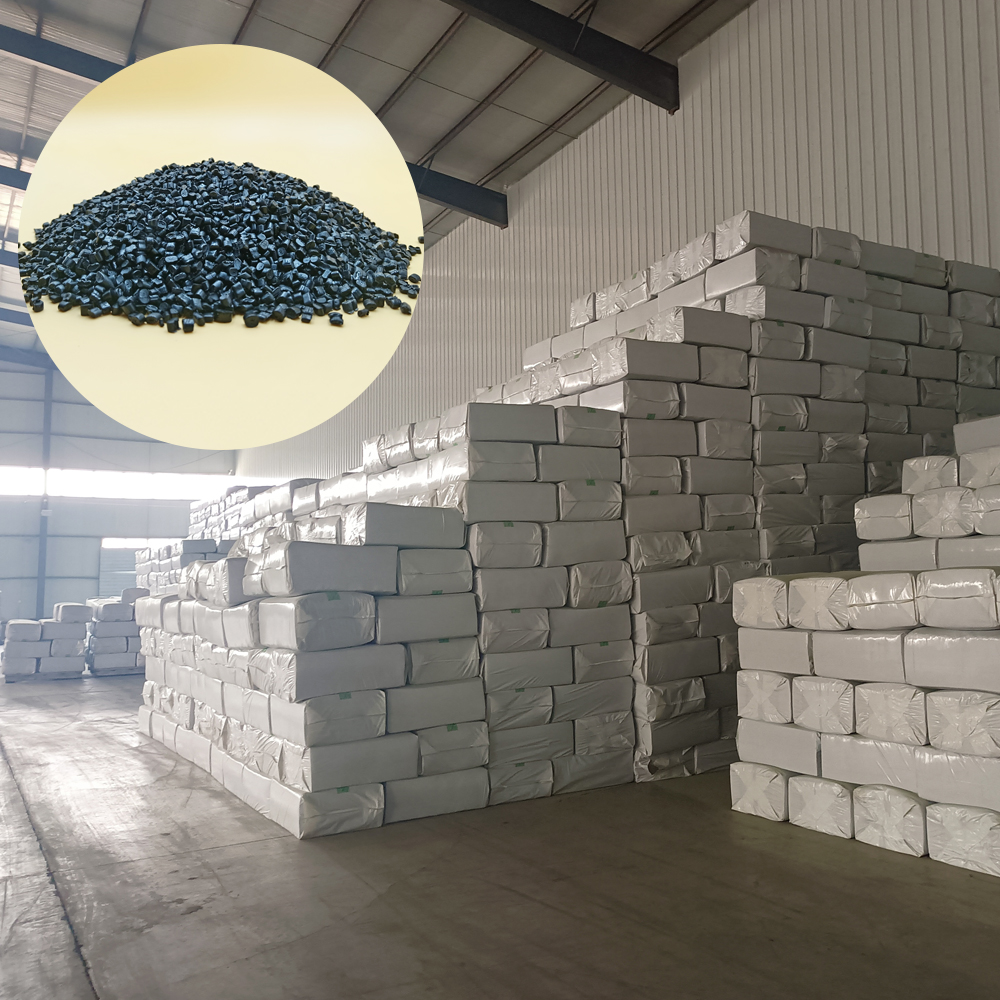Table of Contents
Benefits of Using Asphalt Additives in Driveway Construction
Asphalt is a popular choice for driveway construction due to its durability and cost-effectiveness. However, in order to enhance the performance and longevity of asphalt driveways, additives and modifiers are often used. These materials can improve the properties of the asphalt mix, making it more resistant to wear and tear, as well as environmental factors such as UV radiation and moisture.
One of the main benefits of using additives in driveway construction is improved durability. By adding certain materials to the asphalt mix, such as polymers or fibers, the resulting pavement is more resistant to cracking and rutting. This is especially important in areas with heavy traffic or extreme weather conditions, where the pavement is subjected to a lot of stress. Additives can also help reduce the occurrence of potholes, which can be a common issue with asphalt driveways.
In addition to improved durability, additives can also enhance the flexibility of the asphalt mix. This means that the pavement can better withstand temperature fluctuations without cracking or becoming brittle. This is particularly important in regions with wide temperature variations, as the pavement needs to be able to expand and contract without causing damage. By using additives that improve flexibility, homeowners can ensure that their driveway will last longer and require less maintenance over time.
Another benefit of using additives in driveway construction is increased resistance to UV radiation. Over time, exposure to sunlight can cause asphalt to become brittle and lose its flexibility. This can Lead to cracking and other forms of damage, which can be costly to repair. By incorporating UV-resistant additives into the asphalt mix, homeowners can protect their driveway from the harmful effects of the sun, ensuring that it remains in good condition for years to come.
Moisture is another common enemy of asphalt driveways, as water can seep into the pavement and cause it to deteriorate. Additives can help improve the water resistance of the asphalt mix, preventing moisture from penetrating the surface and causing damage. This is particularly important in areas with heavy rainfall or snowfall, where water can quickly erode the pavement and lead to potholes and other issues. By using additives that repel water, homeowners can protect their driveway from the damaging effects of moisture, ensuring that it remains in good condition for longer.
Overall, the benefits of using additives in driveway construction are clear. From improved durability and flexibility to increased resistance to UV radiation and moisture, these materials can help homeowners protect their investment and ensure that their driveway remains in good condition for years to come. By working with a reputable contractor who understands the benefits of asphalt additives, homeowners can enjoy a high-quality driveway that will stand the test of time.
How to Choose the Right Modifier for Your Asphalt Driveway
Asphalt driveways are a popular choice for homeowners due to their durability and longevity. However, over time, asphalt can deteriorate due to factors such as weather, heavy traffic, and UV exposure. To combat these issues and extend the life of your driveway, many homeowners turn to asphalt additives and modifiers.
| Serial Number | Product |
| 1 | driveway Enhancers |
Additives and modifiers are substances that are mixed into the asphalt mixture to improve its performance and durability. There are a variety of additives and modifiers available on the market, each with its own unique properties and benefits. Choosing the right modifier for your asphalt driveway is crucial to ensuring its longevity and performance.
One of the most common types of modifiers used in asphalt driveways is Polymer modifiers. Polymer modifiers are synthetic materials that are added to the asphalt mixture to improve its flexibility, strength, and resistance to cracking. These modifiers can help prevent the formation of cracks and potholes in your driveway, which can extend its lifespan and reduce the need for costly repairs.
Another popular modifier for asphalt driveways is rubberized asphalt. Rubberized asphalt is made by adding crumb rubber, which is Recycled Rubber from tires, to the asphalt mixture. This modifier helps improve the elasticity and durability of the asphalt, making it more resistant to cracking and rutting. Rubberized asphalt is also environmentally friendly, as it helps reduce the amount of waste going to landfills.

In addition to polymer modifiers and rubberized asphalt, there are other additives and modifiers available for asphalt driveways, such as fibers, rejuvenators, and anti-stripping agents. Fibers are added to the asphalt mixture to improve its strength and prevent cracking, while rejuvenators are used to restore the flexibility and durability of aged asphalt. Anti-stripping agents are added to the asphalt mixture to improve its adhesion to aggregates and prevent moisture damage.
When choosing a modifier for your asphalt driveway, it is important to consider factors such as the climate in your area, the amount of traffic on your driveway, and your budget. For example, if you live in a cold climate with harsh winters, you may want to choose a modifier that improves the flexibility and crack resistance of your asphalt. If you have a high-traffic driveway, you may want to choose a modifier that improves the strength and durability of your asphalt.
It is also important to consult with a professional asphalt contractor before choosing a modifier for your driveway. A professional contractor can assess the condition of your driveway and recommend the best modifier for your specific needs. They can also ensure that the modifier is properly mixed into the asphalt mixture and applied correctly to achieve the desired results.
In conclusion, choosing the right modifier for your asphalt driveway is essential to ensuring its longevity and performance. Whether you opt for polymer modifiers, rubberized asphalt, or other additives, selecting the right modifier can help prevent cracks, potholes, and other damage to your driveway. By consulting with a professional contractor and considering factors such as climate and traffic, you can make an informed decision and protect your investment in your asphalt driveway.
